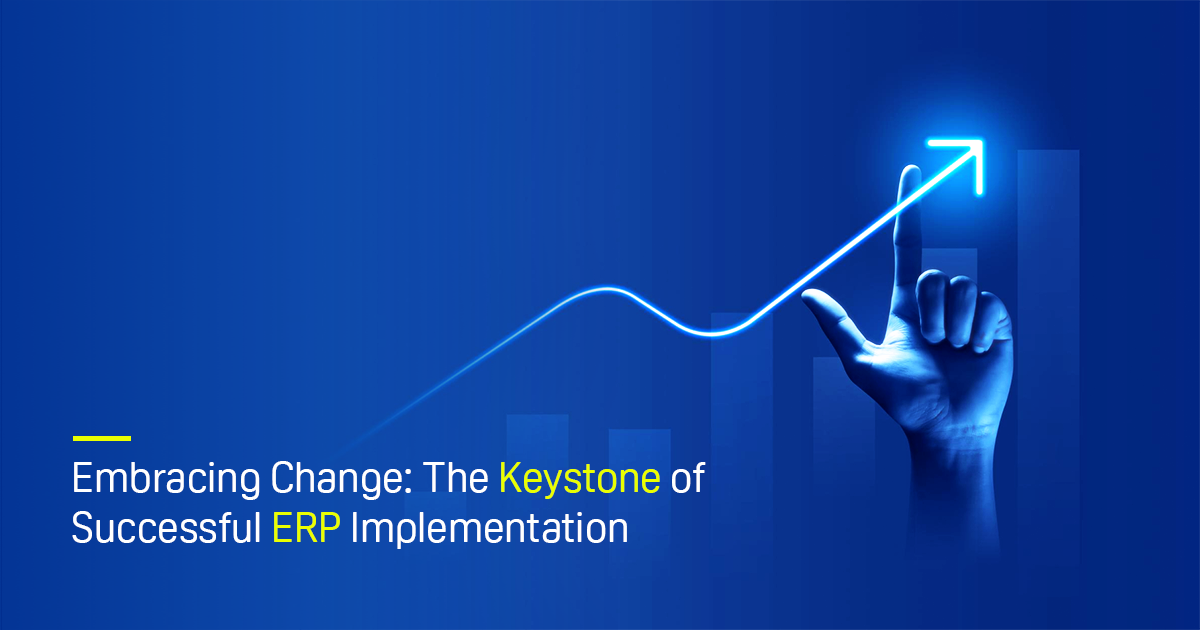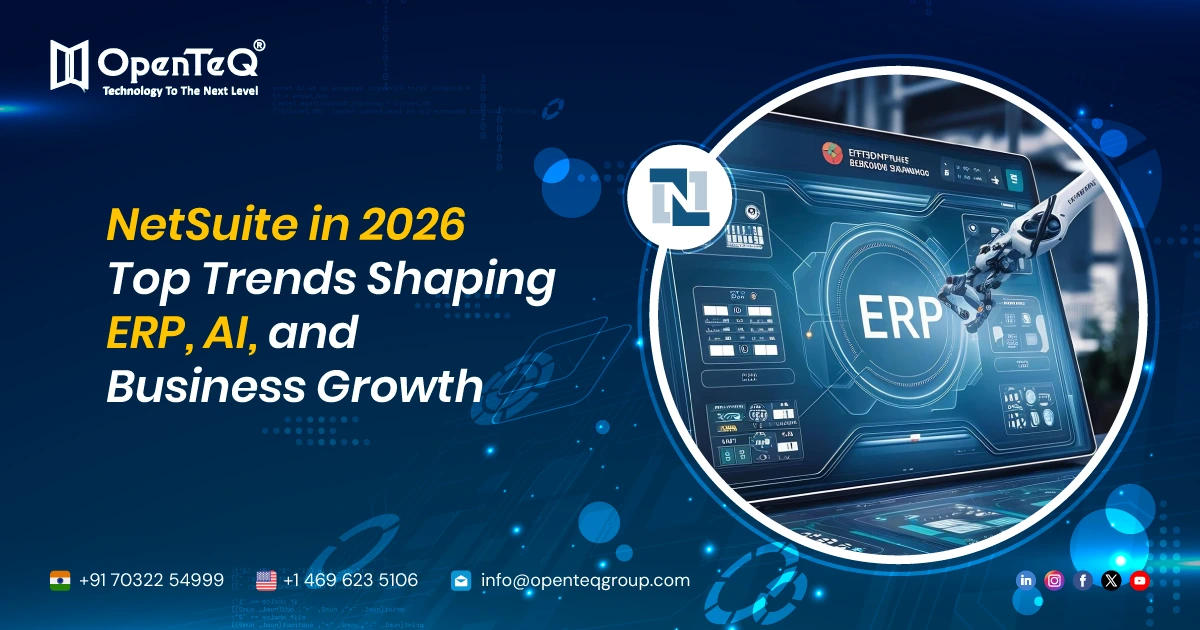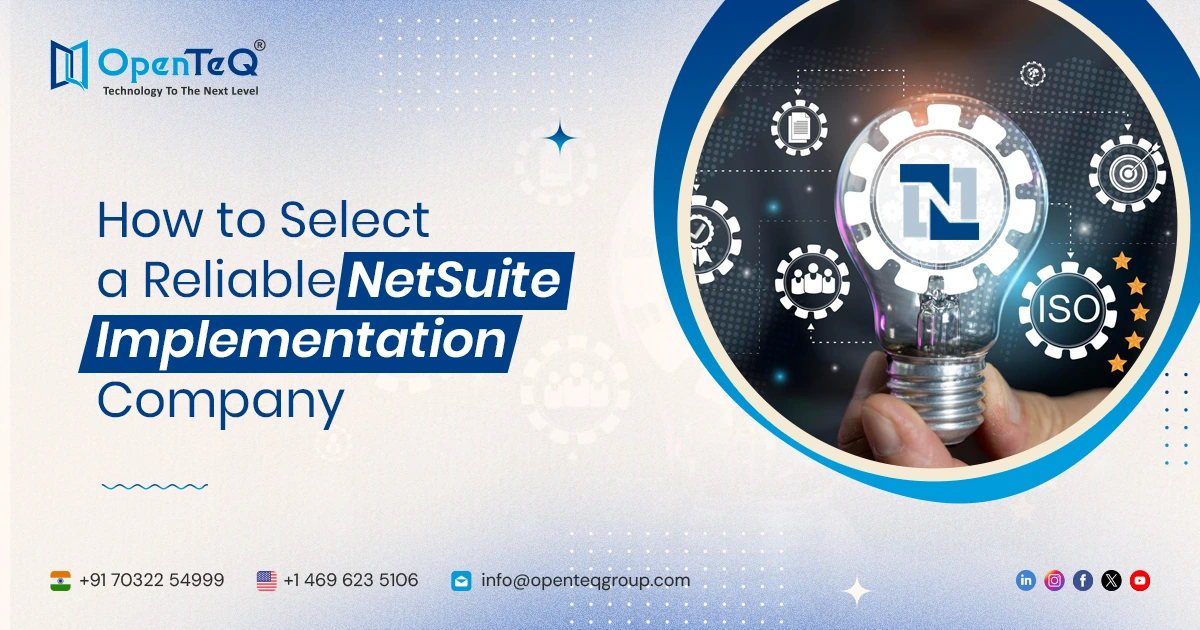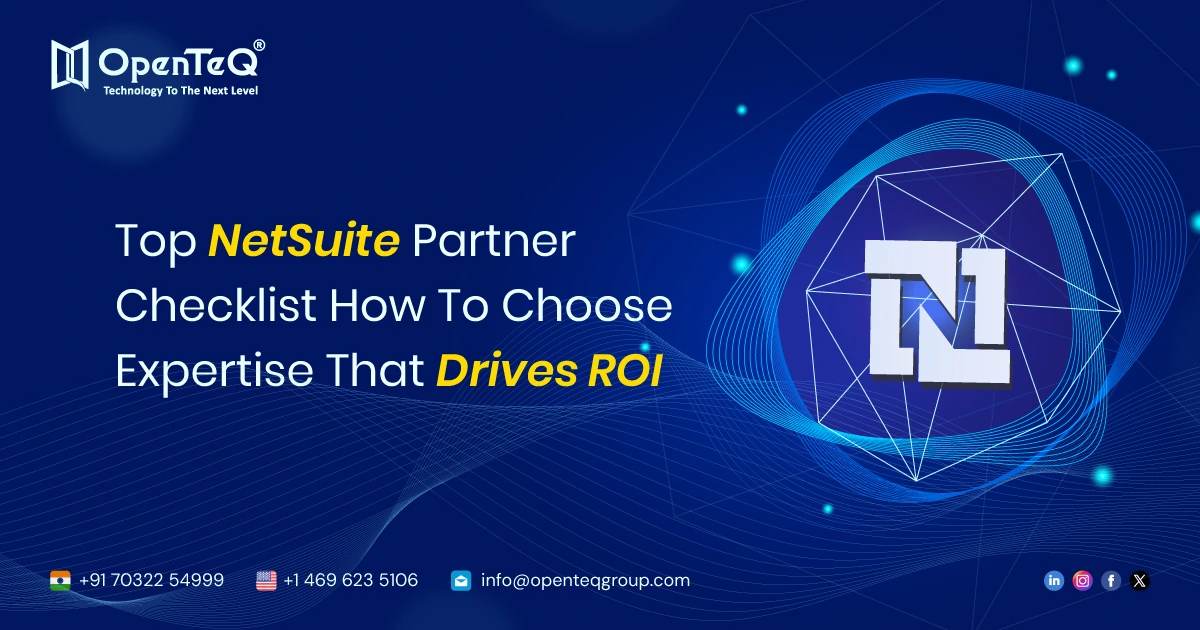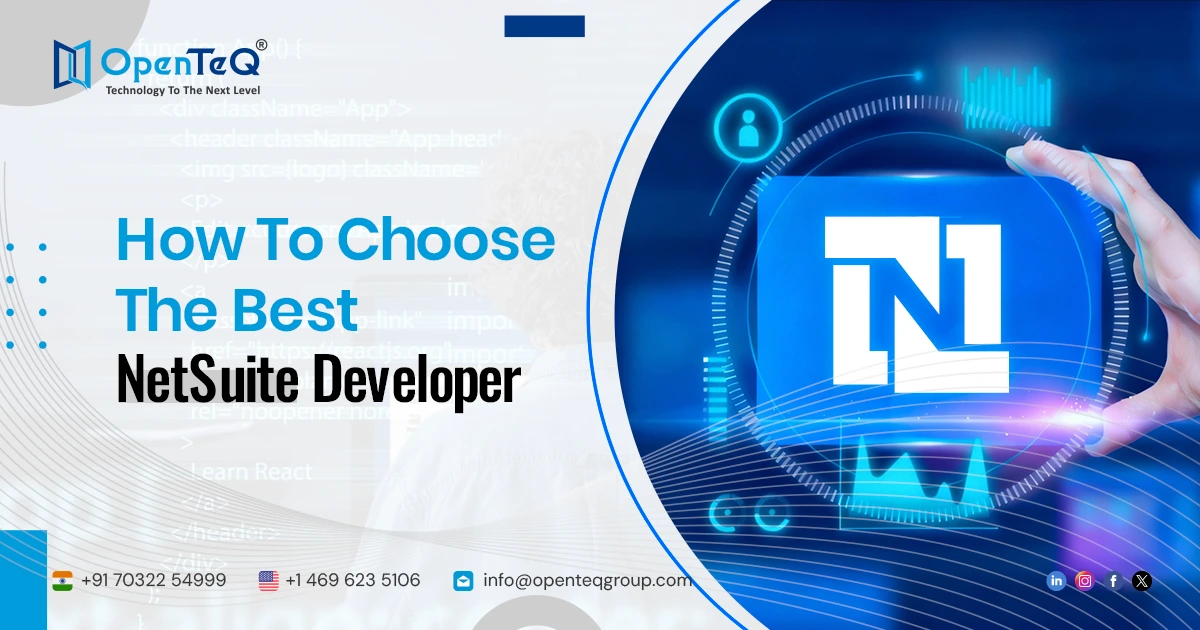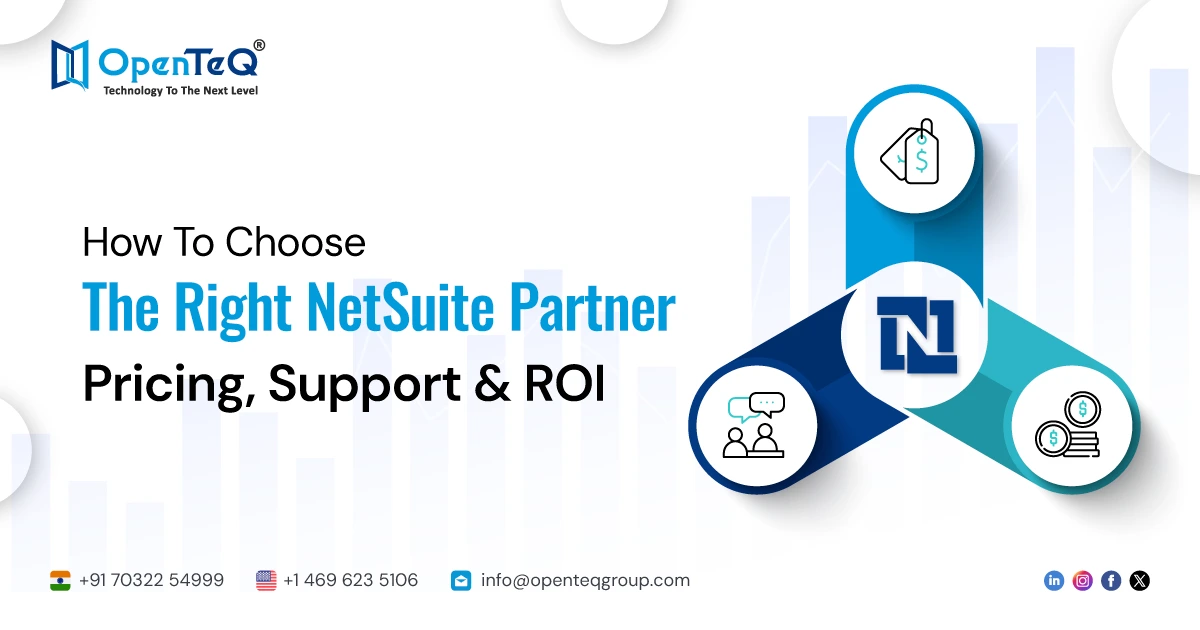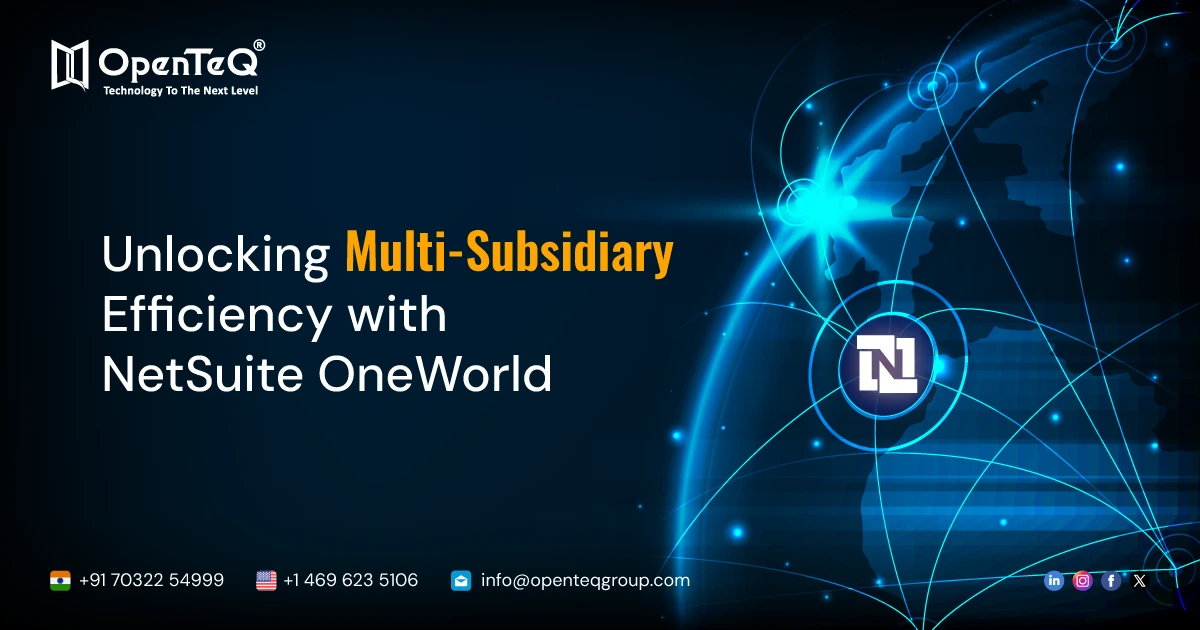Embracing Change : The Keystone of Successful ERP Implementation
In today's rapidly evolving business landscape, the implementation of an Enterprise Resource Planning (ERP) system stands as a monumental step towards operational excellence. However, the journey to seamlessly integrate an ERP system within an organization is more than just a technological upgrade—it's a transformational process that demands meticulous change management.
Why is change management paramount during an ERP implementation?
Simply put, ERP systems touch every aspect of a business, from procurement and supply chain operations to HR and customer relationship management. This widespread impact necessitates a deep-rooted change in how teams work, communicate, and make decisions.
1: People are the Core of Change: At the heart of any ERP implementation is the need to align people with new processes and technologies. Change management ensures that employees are not only aware of the upcoming changes but are also equipped, trained, and motivated to navigate the new system. It addresses resistance head-on, fostering a culture of adaptability and continuous learning.
2: Process Optimization: Change management facilitates the re-evaluation and optimization of business processes. It ensures that the organization doesn't just automate existing processes but rethinks them to leverage the ERP system fully. This strategic alignment between technology and business processes is crucial for realizing efficiency gains and competitive advantage.
NetSuite Strengthens Its Partner Network with OpenTeQ Technologies
3: Mitigating Risk: The complexity of ERP implementations brings inherent risks, including project delays, budget overruns, and unmet expectations. Effective change management acts as a risk mitigation tool, ensuring that the project stays on track, within scope, and delivers the expected outcomes by managing the human elements of the project.
4: Achieving ROI: The ultimate goal of an ERP implementation is to achieve a return on investment (ROI) through improved operational efficiency, data-driven decision-making, and enhanced customer satisfaction. Change management ensures that the organization fully adopts and utilizes the new system, thereby unlocking its potential benefits and achieving the desired ROI.
In conclusion, change management is not a peripheral activity in the context of ERP implementation; it is central to the success of the entire project. By prioritizing people, processes, risk mitigation, and ROI, organizations can ensure that their ERP implementation is not just a technological success but a transformative business achievement.
Let's embrace change, not as a challenge, but as an opportunity to excel and innovate. The success of an ERP implementation lies in our ability to manage and lead through change.
